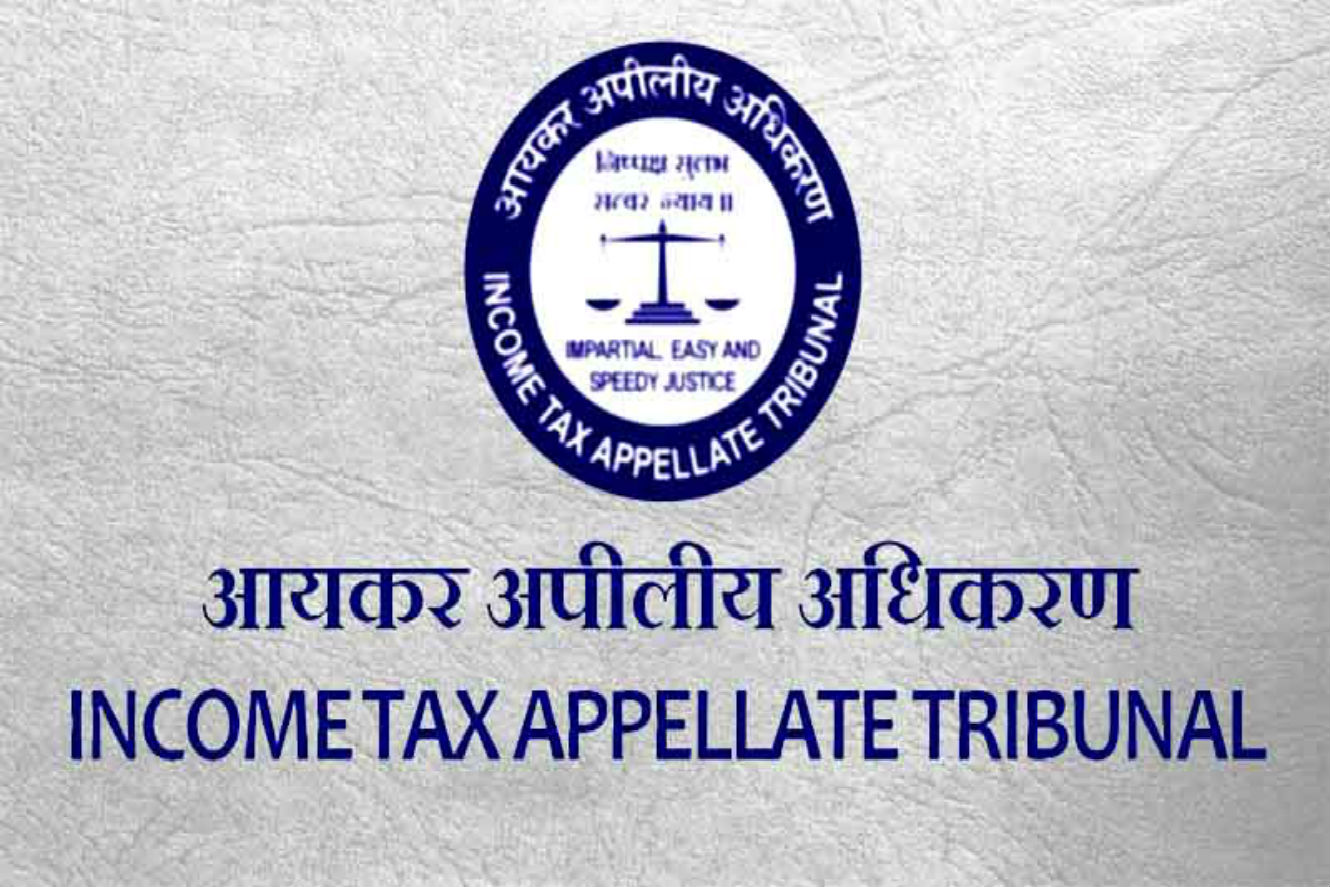1. This is an appeal by the Superintendent and Remembrancer of Legal Affairs, Bengal, on behalf of the Provincial Government against an order of acquittal passed by the Police Magistrate, Sealdah. The respondent Tarapada Biswas is a constable of the Cossipore Thana and was charged under S. 161, Penal Code as
being a constable attached to Calcutta Police as such public servant directly accepted from Hariswain Rs. 5, a gratification other than legal remuneration as a motive for doing an official act, to wit, getting one Panchu Mahanti an accused under arrest in a petty case released on a bond.
2. The trial Magistrate found the facts against the accused but held that as it was no part of his duties to release persons detained in the thana no offence had been committed by him. The prosecution case is that Panchu Mahanti (P. W. 2) had been arrested at about 6-30 for disorderly conduct and a petty case had been entered against him at the Cossipore Thana by Ahibhusan a literate constable (P. W. 5). He alleges that the accused constable demanded Rs. 10 and subsequently Rs. 5 to arrange bail for him. The accused constable told him that he would depute a man to accompany him to his place to fetch the money. Panchu was taken by another constable Nanigopal (P. W. 4) to Hariswain (P. W. 3) and was brought back to the thana with the latter. Hariswain on hearing Panchu''s story offered Rs. 1 and Panchu borrowed another Rs. 4 from one Provas Dalal. At the thana the party found the accused who demanded his money from Panchu Mahanti, and Hariswain then made over three one rupee notes and two silver rupees. They then reported the matter to the officer in charge of the thana S. N. Rauth (P. W. 1) who questioned the accused. The latter then produced the Rs. 5 from the top of a baffle wall. There were at the thana at the time two outsiders, one Khitish Chandra Roy (P. W. 7) who is a Foreman at the Cossipore Gun Shell Factory where Panchu Mahanti was employed, and another G. C. Lahiri, an officer in the Steel Import Control Department who heard the complaint and saw the money produced. The accused''s defence was that the case was totally false. He denied having received money from anybody. He called a defence witness to prove a possible course as cause of enmity or spite on behalf of his officer S. N. Rauth, the suggestion being that because the accused after being refused leave by Rauth had gone over his head to his superiors the officer in charge bore him a grudge.
3. The story as related above is borne out by the evidence of the witnesses named. We agree with the findings of the trial Magistrate that the prosecution case is substantially true in so far as it shows that the accused demanded and received five rupees for securing the release of Panchu Mahanti. We have very considerable doubt as to whether Ahibhusan Barman and Nanigopal are as innocent in the matter as they purport to be in their evidence. Panchu Mahanti in his examination-in-chief said that when he was released his thumb impression was taken by the accused. In cross-examination he admits it was taken by Barman. In fact, the accused was released on a personal recognizance bond by Barman. On the evidence as given which shows that the accused was released by Barman without any inducement being given to Barman himself the story is not very easy to understand. Similarly, the evidence as to the actual payment of the bribe and the conduct of the two men Panchu Mahanti and Hariswain is a little curious if the facts were exactly as made out on the prosecution case. First there is the rather curious fact that Panchu Mahanti and Hariswain, as soon as they paid the money, went and made a complaint to the officer in charge. One would have expected them to have gone straight with their complaint to the officer without making any payment if they were disposed not to submit to the accused''s demand. Their conduct indeed suggests that it may be that the whole thing was being arranged as a plan to catch out the accused. The conduct of these two is certainly very consistent with that theory. It is also a coincidence that there were these independent witnesses Roy and Lahiri fortunately at the thana to supply the evidence of persons independent of the thana staff as to the charge and the recovery of the money. It would not be a coincidence if in fact the whole scheme had been arranged as a plan to catch out the accused. According to Panchu Mahanti, Hariswain before he paid the money told him that he intended to speak to Roy Babu who was in the thana at the time. According to Panchu Mahanti the accused insisted on their paying the money first and then talking to Roy Babu. Hariswain''s version on this point is that he wanted to see the officer in charge before payment but he did not know that Khitish Chandra Roy was present at the place.
4. On behalf of the accused alleged discrepancies in the evidence as to the actual discovery of the money have also been prominently brought to our notice. Panchu Mahanti in examination-in-chief said that the accused went and brought out the money. In cross-examination he said he did not notice where the money was brought from. Lahiri said in cross-examination that the officer in charge stood on a stool and took out the money. It is urged on behalf of the accused that the proper view to take here on account of these weaknesses in the prosecution case would be to refuse to accept the evidence as establishing sufficiently what exactly happened or had been done by the accused as insufficient in fact to establish his guilt of any offence. In our opinion, the main core of the case remains solid. As we have said, we think most probable that Barman and Nanigopal had shared in the proceedings for getting the money from Panchu Mahanti, but whether they were acting on instructions in order to set a trap for the accused or whether they were acting with him and are merely now denying their connection is not possible to say from the evidence. We have no doubt whatever that the accused demanded the five rupees for obtaining the release of Panchu Mahanti and that he was paid that sum and received it for that purpose. Incidentally in fact Panchu Mahanti was released on his own recognizance.
5. It is contended that as it was no part of the official duty of the accused to release Panchu Mahanti, therefore, his demanding and receiving the five rupees did not amount to an offence under S. 161, Penal Code. It is clear that Panchu Mahanti was detained in custody and could only be released by the act of one of the thana officers. The accused was a public servant and an officer of the thana and demanded money for the purpose of securing the release. In our opinion, it was clearly demanded and paid as a motive or reward by the accused for rendering service to Panchu with a public servant, namely, the officer in the thana who could grant the release. The demand and acceptance of the money by the accused clearly amounted, therefore, to an offence under S. 161 Penal Code. The charge, as framed, was not precisely in these terms, but the view now expressed had been put to Mr. Mukherjee appearing on behalf of the accused and he has had full opportunity to contest the point. In the circumstances we think that the accused may be convicted of the offence in this form although the charge has not been formally amended. The result is that this appeal is allowed and the accused is convicted under S. 161, Penal Code. He is sentenced to pay a fine of two hundred rupees in default to suffer two months'' rigorous imprisonment.

